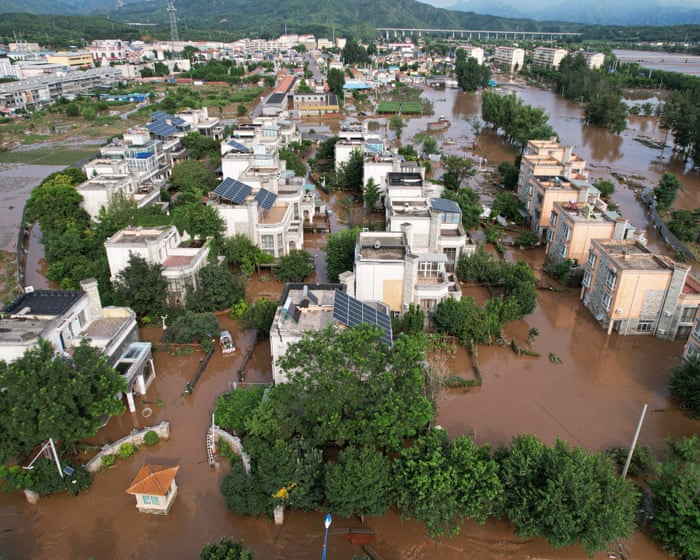New research shows that over half of UK councils still use pesticides in public areas like parks, playgrounds, footpaths, sports fields, and housing estates. However, the Pesticide Action Network (PAN) found that more local authorities are now working to cut back or eliminate pesticide use.
The most common pesticide used by councils is the weedkiller glyphosate, which has been associated with cancer risks. Pesticide overuse has also contributed to significant declines in wildlife populations, including birds, bees, and hedgehogs.
PAN gathered data from over 90% of UK councils through freedom of information requests. Of the 368 councils that responded, 165 (45%) are taking steps to reduce or stop pesticide use.
Nick Mole, PAN UK’s policy manager, said: “While progress is still needed, this survey shows the pesticide-free movement is growing. A decade ago, few people even knew pesticides were used in urban areas. Now, over 100 councils are acting to protect residents, wildlife, and pets.”
Public support for reducing pesticide use is strong, with 65% of respondents agreeing that schools, parks, and other public spaces should be pesticide-free—33% strongly agreed.
Some councils are making faster progress than others. Nearly half (47%) no longer use pesticides on sports fields, while 34% keep cemeteries pesticide-free, and 26% manage parks and green spaces without chemicals.
London is leading the shift toward pesticide-free public spaces, following the example of cities like Paris. Of its 33 councils, 23 have either stopped pesticide use or are working toward that goal.
“The UK public largely supports this change, and countries like France and Denmark—which have banned urban pesticide use—prove we don’t need chemicals to maintain public spaces,” Mole added.
Councils reported using 354 tonnes of pesticides in 2024—four times higher than the government’s estimate of 84 tonnes. Some councils, including Lambeth, Glastonbury, and Lewes, have already banned pesticides. Brighton and Hove stopped pesticide use in 2019 but reintroduced limited glyphosate treatment in specific areas in 2024 after weed complaints.
A bill proposed by Green MP Siân Berry is currently in Parliament to end pesticide use in public spaces nationwide.



